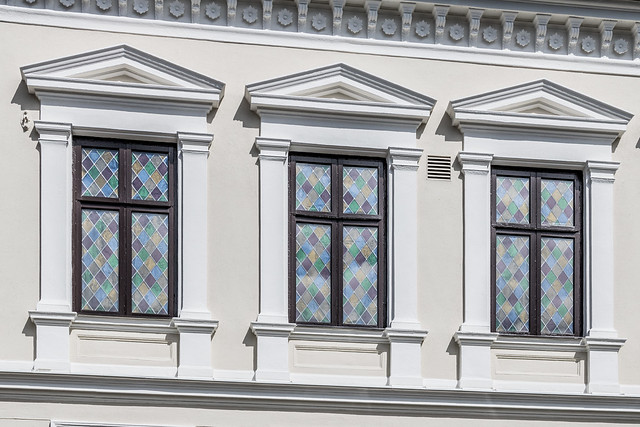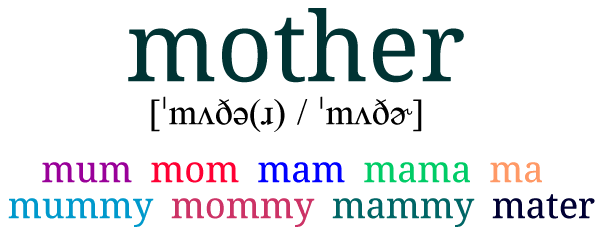Podcast: Play in new window | Download
Today we are looking at the word mask [mɑːsk/mæsk].

Definition:
- a covering for all or part of the face that protects, hides, or decorates the person wearing it
- appearance or behaviour that hides the truth [source]
It comes from the Middle French word masque (a covering to hide or protect the face), from the Italian maschera [ˈmas.ke.ra] (mask, disguise), from the Medieval Latin masca (witch, hag, spectre, nightmare, mask), from the Proto-West Germanic *maskā (mesh), from the Proto-Germanic *maskwǭ (loop, knot, mesh, netting, mesh used as a filter, facemask). The English words mesh and mascara come from the same root [source].
Here’s a video I made of this information:
Video made with Doodly – an easy-to-use animated video creator [affiliate link].
I also write about etymology, and other language-related topics, on the Omniglot Blog.







